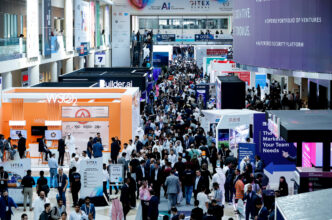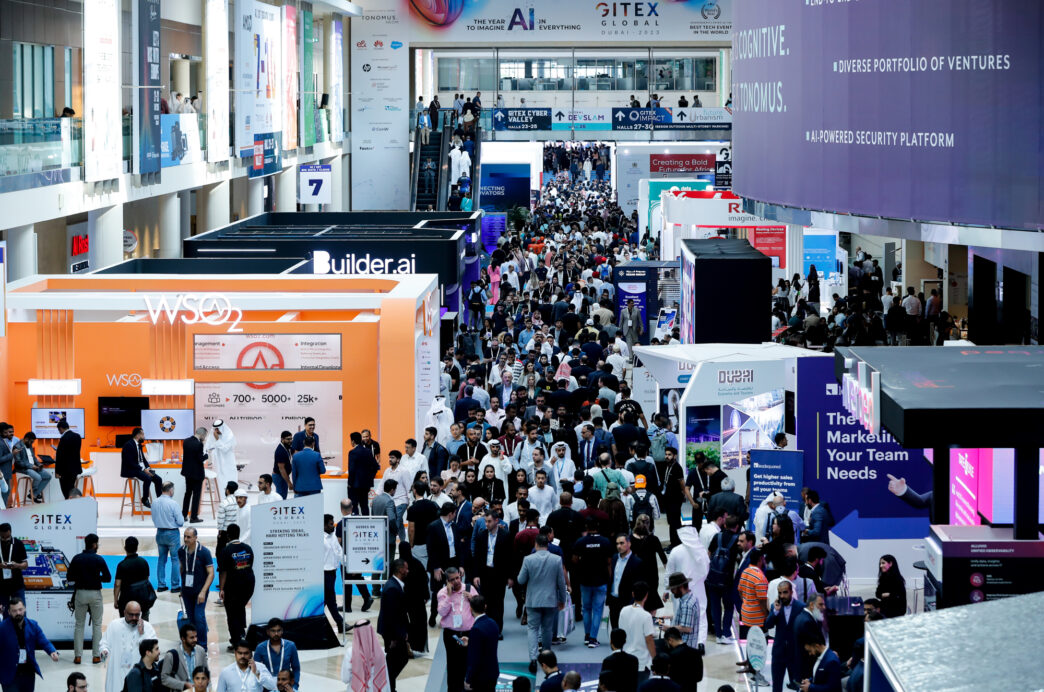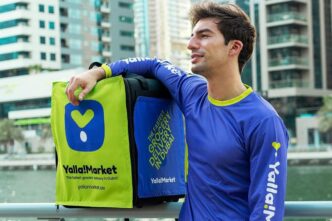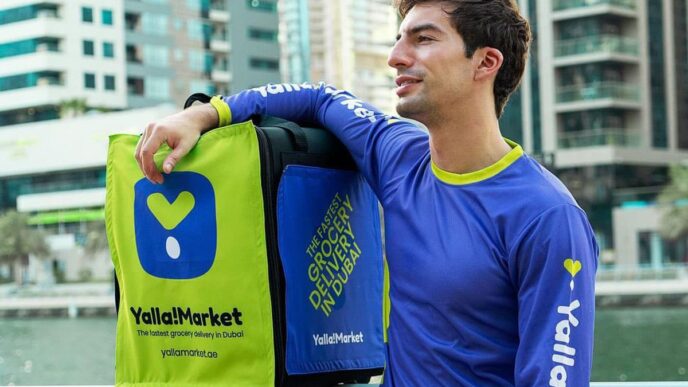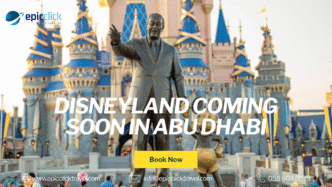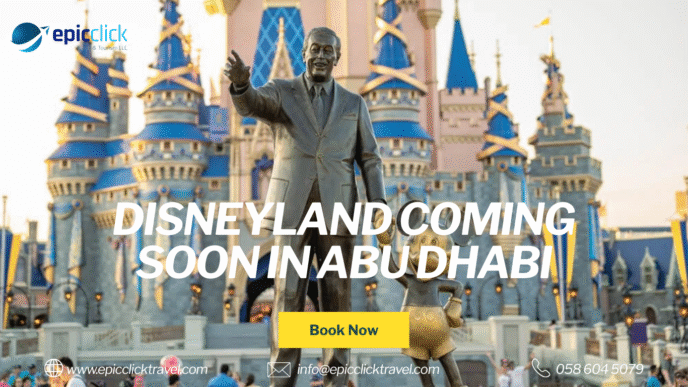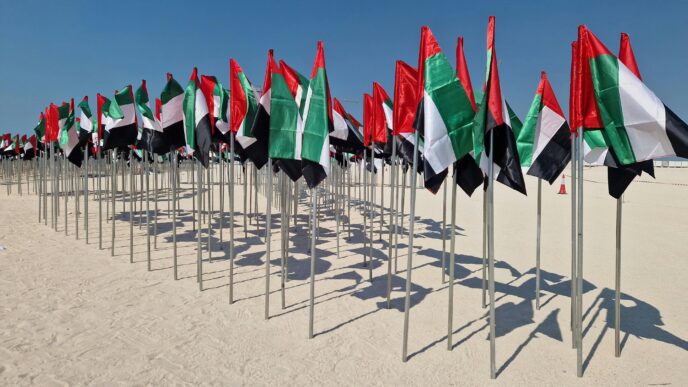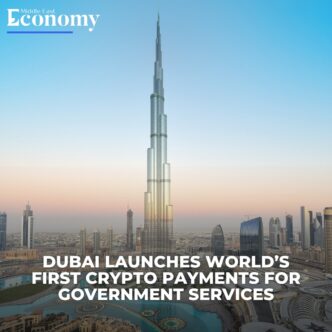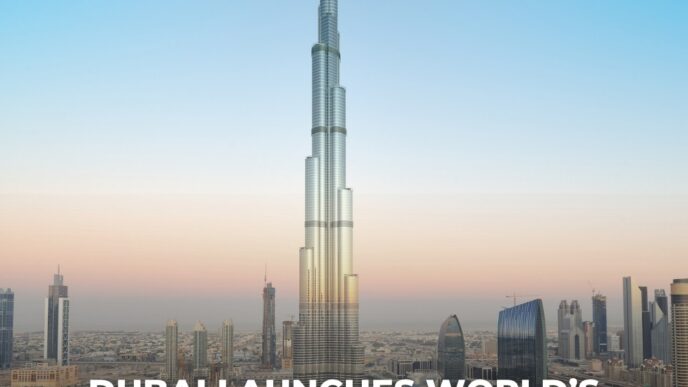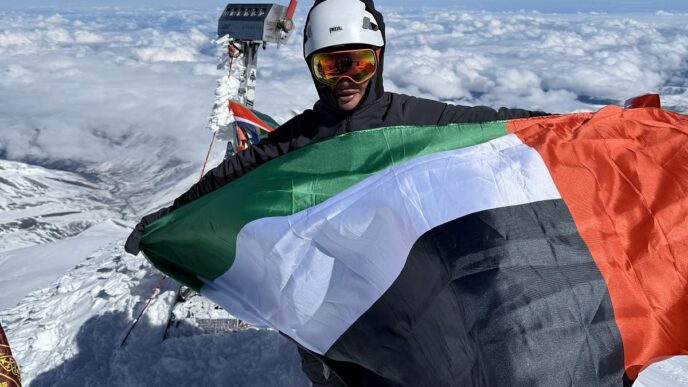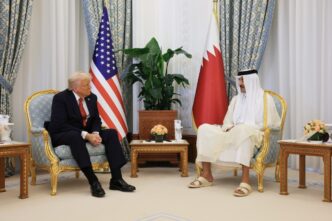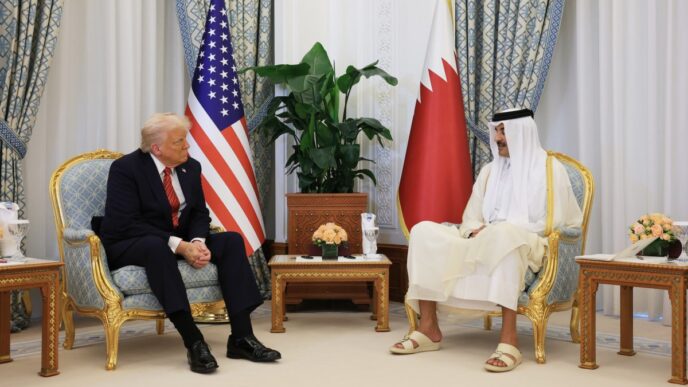In 2025, Dubai continues to strengthen its position as a global economic powerhouse, serving as a critical hub for trade, finance, tourism, and innovation. Over the past two decades, the emirate has evolved from a regional trading post into a leading player on the international stage, with ambitions to further cement itself as a center for business, culture, and technology.
A Global Trade and Logistics Hub
Dubai’s strategic location between East and West gives it a unique advantage. The city acts as a bridge connecting major markets in Asia, Europe, and Africa. The Jebel Ali Port, the largest man-made harbor in the world, and Dubai International Airport, one of the busiest airports globally for international passengers and cargo, anchor its logistics supremacy.
Dubai’s free trade zones, such as the Jebel Ali Free Zone (JAFZA) and Dubai Multi Commodities Centre (DMCC), continue to attract thousands of multinational corporations by offering 100% foreign ownership, tax incentives, and world-class infrastructure.
Financial Center of the Middle East
Dubai International Financial Centre (DIFC) has established itself as one of the leading financial hubs globally, comparable to London, New York, and Singapore. Home to over 4,000 companies, including banks, wealth managers, fintech startups, and insurers, DIFC provides a gateway for businesses seeking to tap into emerging markets across the Middle East, Africa, and South Asia.
Dubai’s financial markets, including Nasdaq Dubai and the Dubai Financial Market (DFM), also attract international investors looking for exposure to the region’s rapid economic growth.
Tourism and Real Estate Powerhouse
Dubai’s status as a global tourism magnet remains unmatched. Thanks to luxury shopping, ultra-modern architecture, world-famous events like Expo 2020, and attractions like the Burj Khalifa, the emirate consistently ranks among the world’s top tourist destinations. In 2024 alone, Dubai welcomed over 17 million visitors, with projections even higher for 2025.
The city’s real estate market remains one of the most dynamic globally. Mega-projects such as Palm Jumeirah, Dubai Creek Harbour, and the recently announced “Dubai Reefs” underline the emirate’s relentless pursuit of innovation in urban living and sustainability.
Innovation and Emerging Technologies
Dubai has rapidly positioned itself as a hub for future industries, including blockchain, artificial intelligence, and green technologies. Initiatives like “Dubai Blockchain Strategy,” the “Dubai Future Foundation,” and the “Metaverse Assembly” highlight the emirate’s vision to be a leader in the digital economy.
Sustainability is also at the heart of Dubai’s strategy, with the “Dubai Clean Energy Strategy 2050” aiming for 75% of the emirate’s energy to come from clean sources.
A Resilient and Adaptive Economy
What truly sets Dubai apart is its ability to adapt quickly to changing global dynamics. From responding to the COVID-19 pandemic with one of the world’s fastest vaccination rollouts to attracting crypto companies fleeing regulatory crackdowns elsewhere, Dubai has consistently shown resilience.
The emirate’s leadership, under Sheikh Mohammed bin Rashid Al Maktoum, continues to push an agenda of diversification, moving away from traditional oil dependency toward a future built on knowledge, innovation, and sustainable development.
Conclusion
Dubai holds a unique and powerful position in the global markets. It is not just a regional hub for the Middle East but a crucial node in the global economy, influencing trends in finance, trade, technology, and tourism. With its strategic vision, strong infrastructure, and business-friendly environment, Dubai is poised to play an even more significant role in shaping the global economy of the future.


